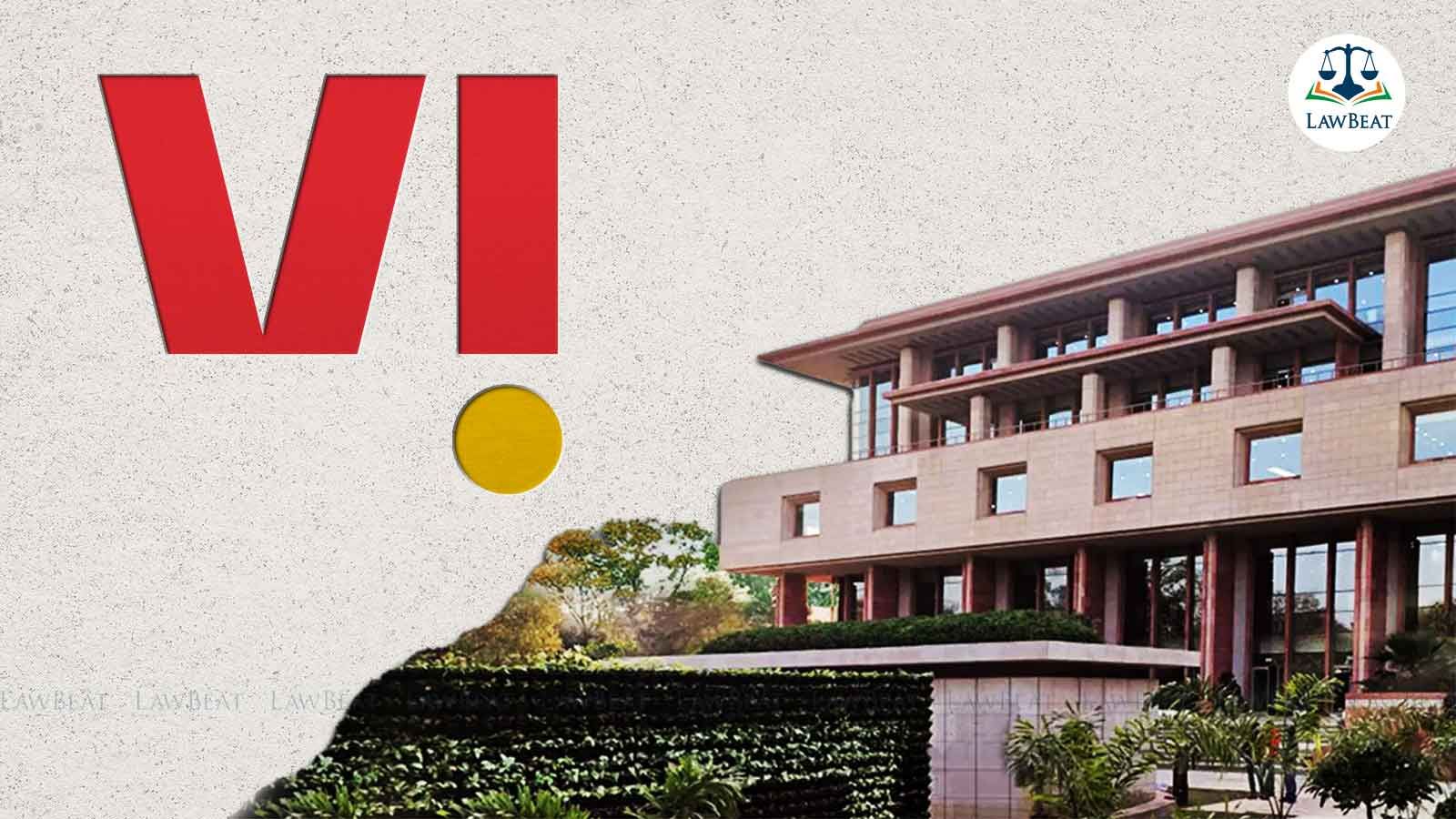Delhi High Court Dismisses Plea Of Vodaphone-Idea Against Rs 2000 crore penalty

In 2016, TRAI proposed that Bharti Airtel and Vodafone be fined Rs 50 crore for each of the country's 21 circles, excluding Jammu and Kashmir. The penalty was added up to Rs 1,050 crore for each operator.
The Delhi High Court on Wednesday dismissed the appeal filed by Vodafone-Idea to set aside the Telecom Regulatory Authority's (TRAI) recommendation to fine it approximately Rs 2,000 crore for failing to provide interconnectivity to Reliance Jio.
A division bench of Chief Justice Satish Chandra Sharma and Justice Subramonium Prasad said that the TRAI recommendations from 2016, as well as the Central government order dated September 29, 2021, imposing the fine, were already being challenged before the Telecom Disputes Settlement and Appellate Tribunal (TDSAT).
The court further noted that the TDSAT had previously stayed the Central Government's order and that the TDSAT is authorised to handle the issue.
Furthermore, the court said, “The TDSAT has been empowered to deal with all disputes arising under the TRAI Act. After the Tribunal gives the conclusion that the Order dated 29.09.2021 passed by the Respondent No.2 is not sustainable in law, then automatically the recommendation dated September 10, 2016, which is under challenge in the instant writ petitions would be set aside".
In 2016, the Telecom Regulatory Authority of India (TRAI) proposed that Bharti Airtel and Vodafone be fined Rs 50 crore for each of the country's 21 circles, excluding Jammu and Kashmir and the penalty was added Rs 1,050 crore for Vodafone and Airtel. The regulator had suggested a Rs 950 crore fine for Idea in 19 areas. As Vodafone and Idea combined in 2018 to establish Vodafone-Idea, the penalty against them now effectively amounts to nearly Rs 2,000 crores.
The regulator claimed that the telecoms violated licencing standards by denying Jio enough points of interconnection. According to TRAI, the decision was intended to limit competition and be anti-consumer. Furthermore, the denial of interconnection points resulted in a large number of call failures on the Jio network.
Following this, Vodafone filed a petition before the Delhi High Court in 2016 to overturn TRAI's proposal, arguing that the regulator's action violated the "principles of natural justice”.
Through the plea, Vodafone stated that the regulator's recommendation to the Department of Telecommunications (DoT) was "neither an exercise of statutory powers nor an action contemplated under the quality of service regulation also, it was arbitrary and outside of TRAI's jurisdiction and should be overturned".
Counsel representing the petitioner before the present bench stated that the impugned recommendation is palpably erroneous and TRAI does not have jurisdiction under Section 11(1)(a)(ii) of the TRAI Act as it can only issue a recommendation to DOT for revocation of License but does not have the power to recommend a penalty.
Counsel appearing for TRAI opposed the present petitions and submitted that the present petitions were premature at this stage and non-maintainable. Further, he argued that no cause of action had occurred since the DOT was yet to take a decision on the Impugned Recommendations.
The court noted that any observations made by this Court in the instant writ petitions will have a negative influence on the Telecom Petitions filed with the TDSAT.
“In light of the Apex Court's rulings, the Tribunals, which are expert bodies and created under the statute to settle disputes originating under that statute, Courts must refrain from interfering under Article 226 of the Indian Constitution,” the court added.
Accordingly, the bench disposed of the writ petitions.
Case Title: Vodaphone Mobile Services Ltd & Anr vs. Telecom Regulatory Authority of India.
Statute: Telecom Regulatory Authority Act
